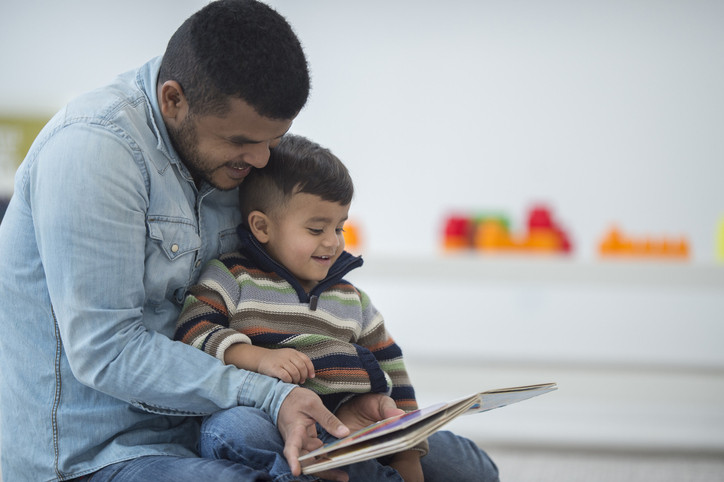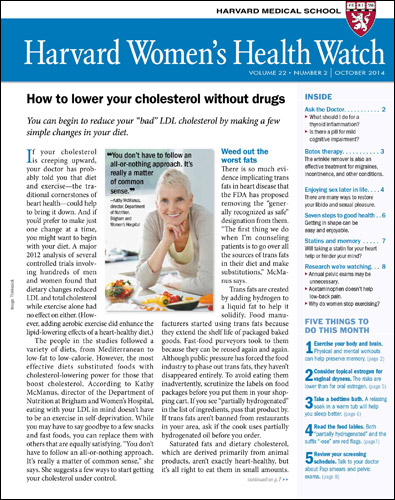Which is better for reading to your toddler: Print or ebooks?

As we move more and more into a digital age, we use our devices for communication, news, information, games, and so much more. So, it’s natural to reach for a tablet when it comes time to read our child a story. After all, a book is a book, whether it’s print or electronic, right?
Yes — and no. According to a study published in JAMA, there was an observable difference in interactions when parents read their toddlers books on a tablet instead of a print book. The toddlers were less interested and more likely to turn away. In general, they were less engaged.
This is important, because engagement is key for child development. It’s the back-and-forth between the child and caregiver, or “serve and return” as described by the Harvard Center on the Developing Child, that builds neural connections and supports the development of communication and social skills. That “serve and return” doesn’t have to take place while reading a book. It can happen easily through daily conversations and interactive play. But reading books together is a perfect opportunity to help children learn while strengthening the relationship you have with them.
Why are electronic books less engaging to young children?
It’s hard to know exactly what it is about electronic books that makes them less engaging than print books. It may be simply that young children like to touch and hold things, and that physically turning pages draws them in more than tapping a screen.
The study was small, only 37 parent-child pairs. The children were young, with a mean age of about 2.5 years. It’s hard to know what a bigger study with a wider range of ages might show.
Reading makes a difference, in print or ebooks
The most important thing isn’t really what kind of book you read to your child, it’s that you read to your child. Whether it’s print or electronic, here are some ways to engage your child and get the most out of the experience:
- Don’t just read the words. Comment on the story, and ask your child questions about it (“Would you like to do that? Does he look happy or sad? What do you think will happen next?”)
- Have your child point things out on the page (“Where is the dog?”)
- Relate it to your child’s experience (“We have a swing like that at the park! Do you remember when I pushed you on it?”)
- Look for books that have predictable repetition to them (books by Eric Carle are a good example), and encourage your child to “read” along with you.
- Share the holding of the book and turning pages. If the book is a shared object, rather than just something the grownup holds and controls, it can be more interesting to the child.
Follow me on Twitter @drClaire
About the Author

Claire McCarthy, MD, Former Senior Faculty Editor, Harvard Health Publishing
Disclaimer:
As a service to our readers, Harvard Health Publishing provides access to our library of archived content. Please note the date of last review or update on all articles.
No content on this site, regardless of date, should ever be used as a substitute for direct medical advice from your doctor or other qualified clinician.













